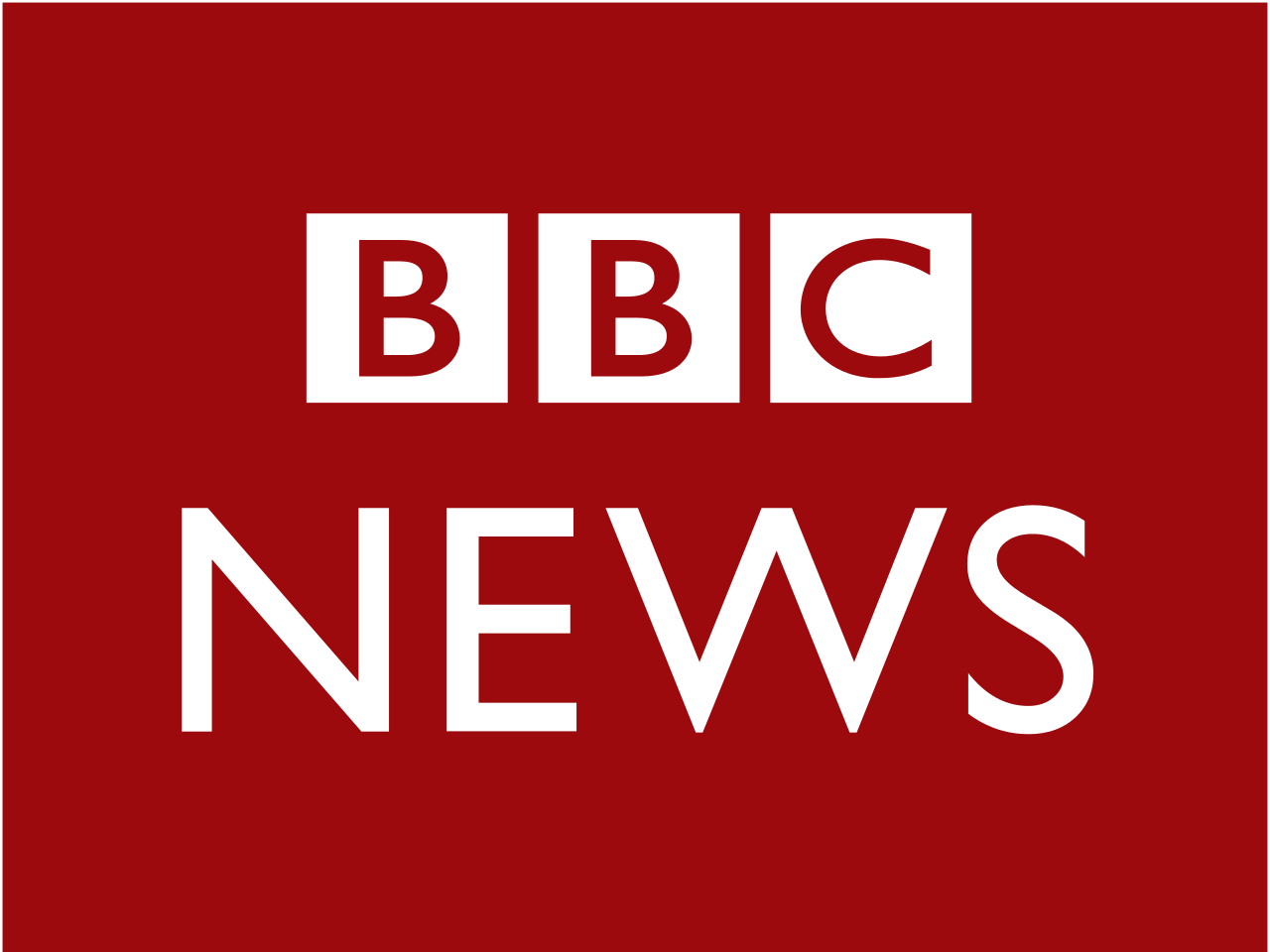BBC: With us now is Tom Burke who is Chairman of the Environmental Think Tank E3G, and a former government advisor on climate change. Tom thanks very much for coming in. What were your first thoughts when you heard the green gavel go down and they had got the deal?
Tom Burke: I was really excited, and in a way surprised, because it’s a better deal than, even at the beginning of the week, people thought was possible.
BBC: What was key, in your mind, to getting that deal?
Tom Burke: I think two things were key: The first thing that was key, was that it really was a triumph to French diplomacy. They just played a blinder, in handling all the difficult political and organisational processes. And I think that helped to create a really positive mood. The second thing that was key, is that we are already beginning to see the political equation change. The political cost of doing nothing about the climate is now going up, as events become more and more difficult to deal with. Meanwhile, the political cost of dealing with climate change is going down, as renewables and the alternative low-carbon options get cheaper. So what we have seen with this agreement is that it is just pushing that equation further.
BBC: But in the minds of some commentators the language was terribly woolly, and politicians come and go, those who signed this deal won’t necessarily be in office in a few years time.
Tom Burke: Yes that’s absolutely true, and I understand that uncertainty, but the reality is that there are massive constituencies in every country of the world, that want not only to make sure that those promises are fulfilled, but that actually people go further. So the idea that somehow most countries are going to back off, and cheat, and not do what they have said they will do is just a misunderstanding of how these processes work. At the end of the day, every government is tried in the court of public opinion in its own country for promises that it has made.
BBC: It is going to take a change in emphasis thought isn’t it? Away from the old forms of producing energy, to something new, and I supposed the markets and the investors need a very clear signal that their money will be safe there.
Tom Burke: Yes, I think that you are absolutely right about the signal, and I think that they have got the signal that the world is now on a course to a low-carbon economy. The big losers from this are the existing energy industries: The oil and gas companies and the existing big utilities. Because what we’ve seen from governments now is a pretty big political impetus to move in a very different direction for our energy.

